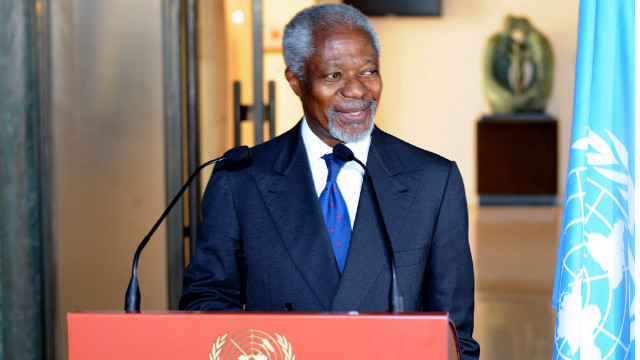
- Fighting erupted between villagers in Homs province, an opposition group says
- It says two women are killed and four women are wounded
- Fighting between goverment forces and rebels is reported in Rastan
Are you there? Send us your images or video. Also, read this report in Arabic.
(CNN) -- Fierce fighting erupted Friday between armed men loyal to Syrian President Bashar al-Assad and rebels from opposing villages, opposition activists said, raising questions about the potency of a U.N.-brokered peace plan that calls on the government to take steps to end the bloodshed.
At least two women were killed and four were injured in fighting that broke out between military defectors and armed men loyal to al-Assad in the beleaguered western province of Homs, according to the opposition Syrian Observatory for Human Rights.
The clashes in the town of Hula reportedly occurred between military defectors from one nearby village and armed men loyal to the regime from two other villages, the opposition group said.
The opposition reports of fighting between villagers raises the specter that even if the Syrian military withdraws its forces from population centers by Tuesday under the peace plan, it may not end to the violence.
Syria has been engulfed in violence since March 2011, when government forces began a brutal crackdown on a protest movement calling for reforms that quickly devolved into an uprising demanding the ouster of the regime.
World powers have been working to stop the fighting, which the United Nations estimates has killed at least 9,000 people. The Local Coordination Committees of Syria, a network of opposition groups, puts the toll at more than 11,000 people killed.
CNN can not independently verify opposition and government claims, as al-Assad's regime has severely restricted the access of foreign journalists.
Fighting also was reported Friday in Rastan, where government forces were reportedly firing rockets at opposition strongholds within the city, the Syrian Observatory said.
After hearing a peace plan laid out by Kofi Annan, the U.N.-Arab League point man on Syria, al-Assad's government has agreed to stop moving troops into population centers and to end the use of heavy weapons by next Tuesday. The plan calls for a cease-fire by the government and the opposition, and a Syrian-led political process to end the crisis.
The Syrian government has said it will implement the plan, saying it is taking steps to comply. Its ambassador to the United Nations, Bashar Jaafari, acknowledged that the fighting was still going on -- but he blamed that on opposition groups he said were being armed by Saudi Arabia, Turkey and Qatar, which currently holds the presidency of the U.N. General Assembly.
The government has committed to the April 10 deadline but is demanding a guarantee from Annan that once its troops pull back, other groups will do the same.
The reports of fighting between villagers with opposing loyalties highlight the divisions inside Syria, a nation with a majority Sunni population that is governed by al-Assad -- a minority Alawite, which is an offshoot of Shiite Islam.
Some analysts have expressed concern about what the Sunni-dominated Muslim Brotherhood might do if al-Assad's Alawite-dominated regime falls.
There are questions, too, about whether al-Assad's government intends to honor the peace agreement. The regime has previously committed to end the bloodshed only to continue the violence.
Al-Assad has blamed the violence on armed gangs and foreign fighters bent on fomenting unrest in the country.
Thousands of Syrians have fled the fighting, with more 23,000 fleeing across the border into Turkey since the fighting began, according to Turkey's Ministry of Disaster and Emergency Management.
The numbers, according to Turkish Foreign Minister Ahmet Davutoglu, are growing by the day.
On Friday morning, Davutoglu called U.N. Secretary-General Ban Ki-moon to notify him that a record 2,500 Syrians crossed the border a day earlier, the foreign ministry spokesman, Seluk Unal, said.
"We also are receiving reports from the other side of the border that military operations towards towns are continuing, supported by choppers," Unal said.
CNN's Ivan Watson, Kamal Ghattas and Yesim Comert contributed to this report.



